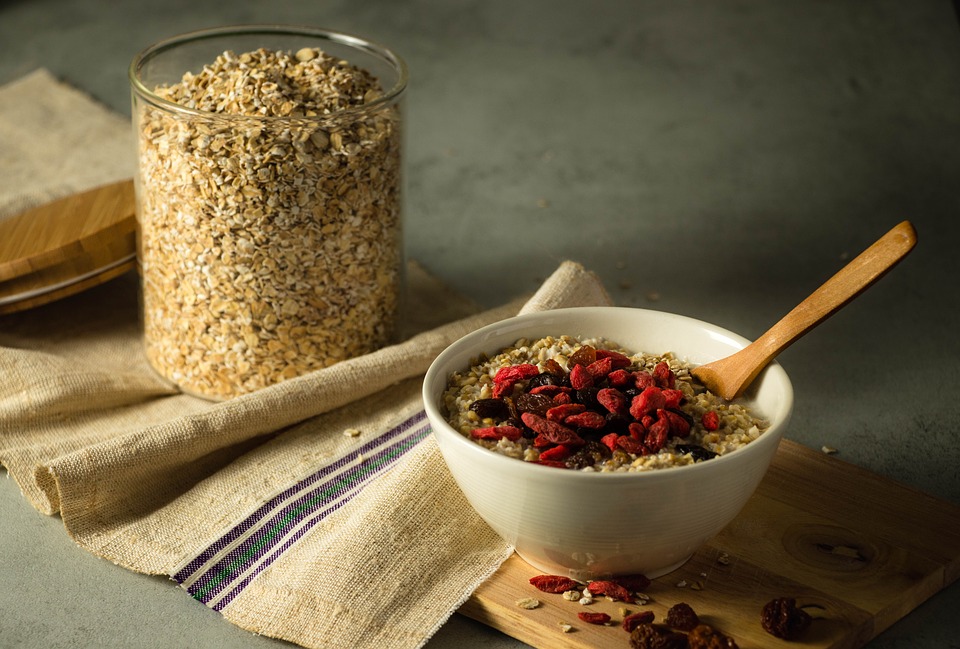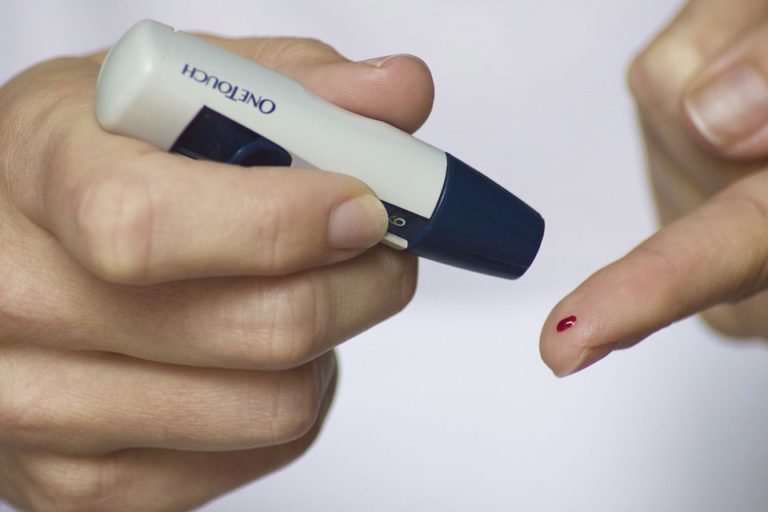
Blood pressure is the measure the pressure of the blood within the circulatory system. Healthy or normal blood pressure is characterized as more than 120 over 80 and less than 140 over 90 (120/80-140/90). If it’s higher than that range, say 150/100, you would be considered to have high blood pressure, which could be cause for concern.
High blood pressure, also known as hypertension, happens when the pressure of the blood is causing your artery walls to expand. This pressure can cause blood vessel damage that often leads to heart disease, stroke, among other life threatening problems.
All that bad news aside, there is some good news that comes in the form of healthy foods that can prevent, lower and even reverse the heart damage caused by high blood pressure. Here are 4 of those foods.
Oatmeal
Oatmeal has long been known for its heart healthy benefits. It was in 1995 when the FDA officially approved a heart-health claim from The Quaker Oats Company. In fact, this was the first food based health claim approved by the FDA to be marketed on a product’s box.
Now that Quaker Oats and several other foods made from whole oats have the “Heart Healthy” stamp of approval by the FDA. These heart healthy benefits come about due to oatmeal’s ability to deliver on high-fiber, low-fat, and low-sodium.
Bananas
Bananas have several healthy vitamins like vitamins C and B-6. They also deliver on carbohydrates, protein, fiber and magnesium. But the thing bananas are most known for, is one of the best things for your heart: Potassium.
Potassium helps to lower blood pressure by balancing out the negative effects of salt. Salt retains water, which can be problematic if your kidneys cannot get rid of it. The more fluid you have in your body, the higher your blood pressure will be.
Potatoes
If bananas aren’t your thing, that’s just fine. You have several more options to get that all-important potassium. One that ranks high on the list is potatoes. In one potato, it contains approximately 897 mg of potassium. That’s 25 percent of the recommended amount. Just make sure your potatoes don’t come in heavily salted french fry form.
Dark chocolate
There are so many heart healthy benefits of dark chocolate — almost too many to list. In a 100 gram bar with 70-85% cocoa contains fiber, iron, magnesium, copper, manganese, as well as plenty of potassium, phosphorus, zinc and selenium.
Research has found that dark chocolate may improve blood flow and lower blood pressure, and a 2015 study found that eating dark chocolate is associated with a lower risk for cardiovascular disease (CVD). The study suggests that up to 100 grams per day of dark chocolate may be associated with a lower risk of CVD.
Keep in mind, however, that 100 grams (3.5 ounces) is a fairly large amount, and does come with a hefty amount of calories (647 to be exact) as well as 42g of fat and 24g of sugar.

























